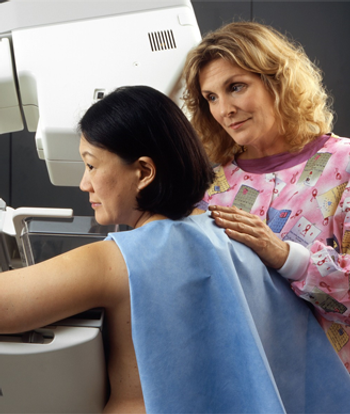
Patients overdue for a screening mammography were more likely to return for an appointment when they received a reminder postcard and a physician signed letter.

Your AI-Trained Oncology Knowledge Connection!


Patients overdue for a screening mammography were more likely to return for an appointment when they received a reminder postcard and a physician signed letter.

Overweight and obese women with estrogen receptor (ER)-positive breast cancer may benefit from daily non-steroidal anti-inflammatory drugs (NSAIDs), such as aspirin.

A new study finds that a moderate amount of regular exercise, such as walking daily, results in a lower risk of invasive breast cancer among postmenopausal women.
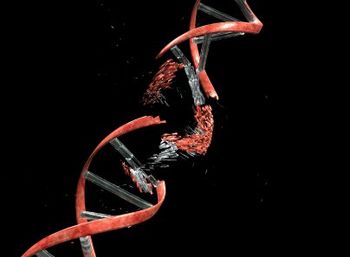
A mutation in the PALB2 gene sharply increases the risk of breast cancer and confers a lifetime risk similar to that of BRCA2 mutation carriers, according to a new study.
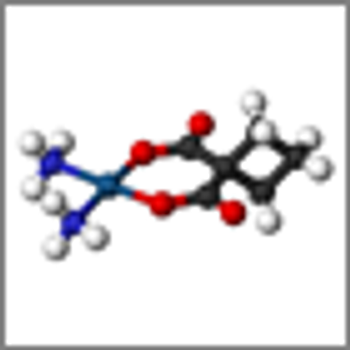
Adding either carboplatin or bevacizumab to a neoadjuvant regimen increased rates of pathologic complete response in triple-negative breast cancer patients.

Women who have recently used high-estrogen birth control pills may be at a higher risk for developing breast cancer, according to a new study.

Patient navigators can play an important role in helping poor and underserved women overcome barriers to receiving recommended care for breast cancer, a recent study found.
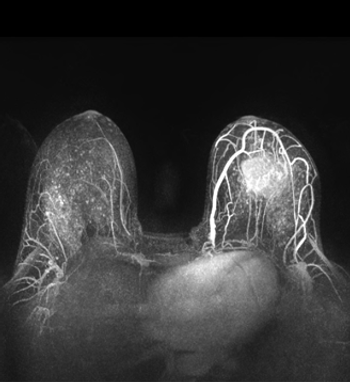
An annual screening for breast cancer using a combination of MRI and mammography could be an effective program for high-risk women, particularly those who are known BRCA mutation carriers.

Prevention of CNS seeding early in the metastatic disease course using drugs with both intra- and extracranial activity will be crucial to improving outcomes in patients with breast cancer brain metastases.

Brain metastases arising from breast cancer constitute a clinically unmet need and a situation that portends a poor prognosis with few therapeutic options.
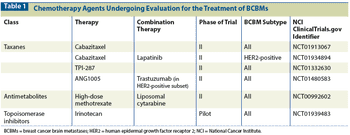
In this overview, we will review recent developments in the management of breast cancer brain metastases and current prospective trials of systemic therapies specifically for patients with breast cancer brain metastases, with a focus on novel pathway-specific therapies.

For many women, the prospect of tumors growing in their brain that may eventually impact their ability to communicate, interact, and remember is terrifying.
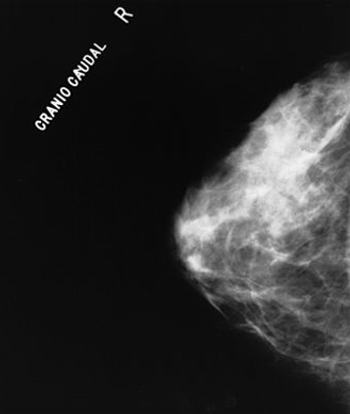
The combination of four imaging techniques together results in the ability to better differentiate between benign and malignant breast tumors, which may lead to fewer unnecessary breast biopsies.

The CALGB 369901 trial examined how frailty and older age influence the use of adjuvant hormonal therapy for breast cancer and found that while frailty can deter the start of therapy, frail patients who had started on a regimen were not much more likely to discontinue their treatment early.

Women who consume increased amounts of red meat have a higher risk of breast cancer compared with those who have a protein intake consisting largely of non–red meat such as poultry, fish, and legumes.

Obese women who have breast cancer generally have a worse prognosis compared with their non-obese counterparts. A new randomized study suggests that telephone-based intervention is a safe way to help overweight postmenopausal breast cancer patients with weight loss.

There is a need to learn more about the effect of hypofractionation on an individual patient’s breast cancer outcomes and tissue toxicities, based on both biologic and technical variables, so that the treatment decision is not primarily a matter of dollars and cents.

Customized more aggressive treatments should be given to patients with the worst prognosis. For most of the other breast patients, shorter and often milder treatment is also a humble victory in our daily struggle against cancer.

Without question, targeted therapies have revolutionized the treatment of cancer across histologies.
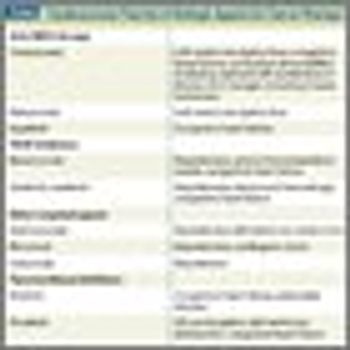
This review will focus on newer FDA-approved targeted therapies associated with type II chemotherapy-related cardiac dysfunction, or generally reversible cardiotoxicity, and will provide the latest information on the incidence and clinical spectrum of cardiotoxicity associated with each therapy, modifiable risk factors where known, and the mechanisms of cardiotoxicity.
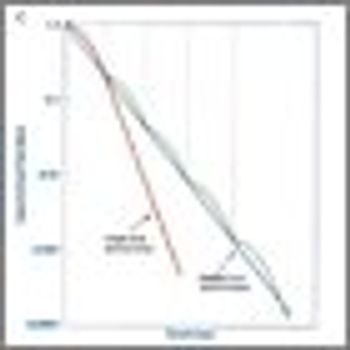
In this review we discuss the rationale and underlying radiobiologic concepts for hypofractionation, and review the clinical trials and ASTRO guidelines supporting hypofractionated radiation in the treatment of breast cancer.
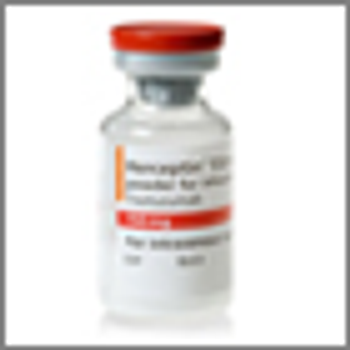
An 8-year follow-up of HER2-positive breast cancer patients receiving adjuvant trastuzumab shows an overall low incidence of cardiac events when administered after chemotherapy and radiotherapy.
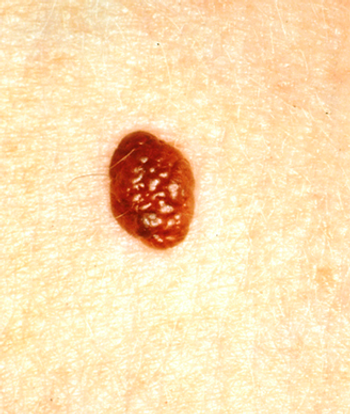
Researchers from Harvard Medical School and Indiana University found that women who had a greater number of nevi may be more likely to develop breast cancer, independent of other breast cancer risk factors.

The breast cancer treatment landscape is changing, and the optimal adjuvant endocrine therapy for premenopausal women with hormone receptor (HR)-positive breast cancer is uncertain.

At the ASCO/AACR Joint Session on Inflammatory Cells and Cancer, Dr. Andrew Dannenberg from Weill Cornell Medical College, gave a fascinating lecture titled “Stromal Inflammation and Solid Tumors.”